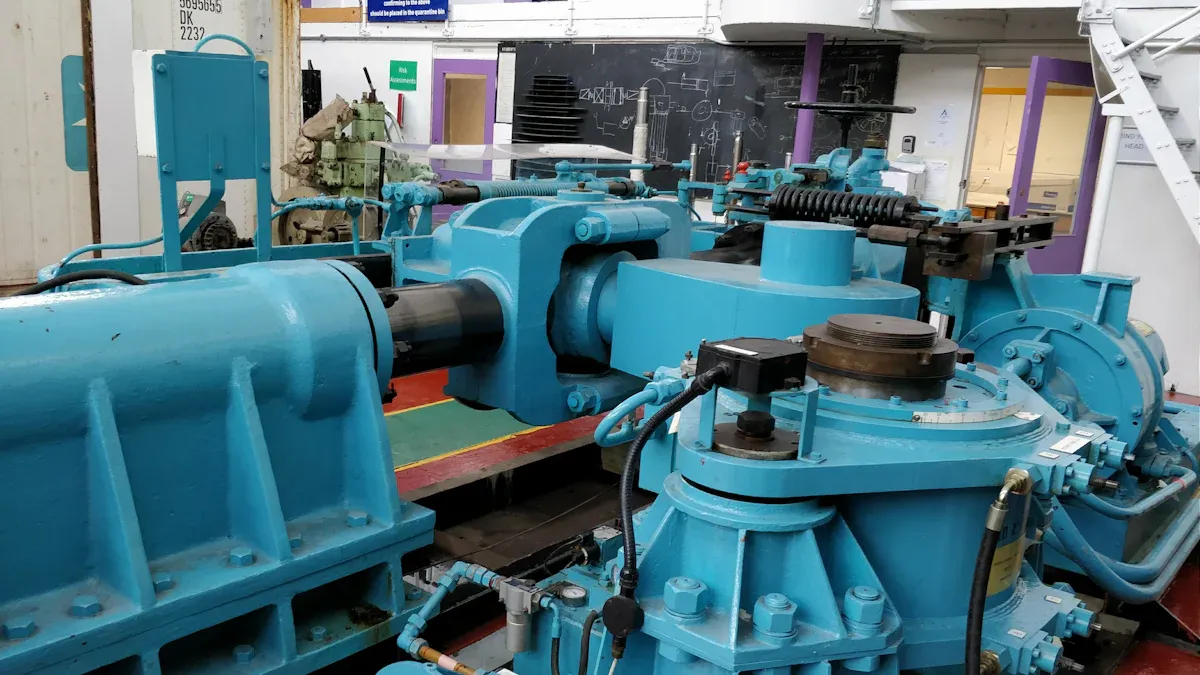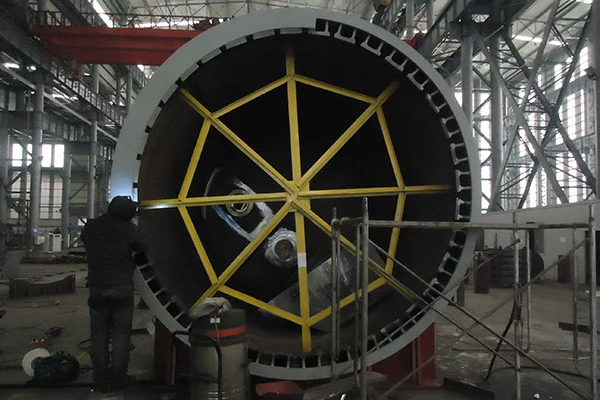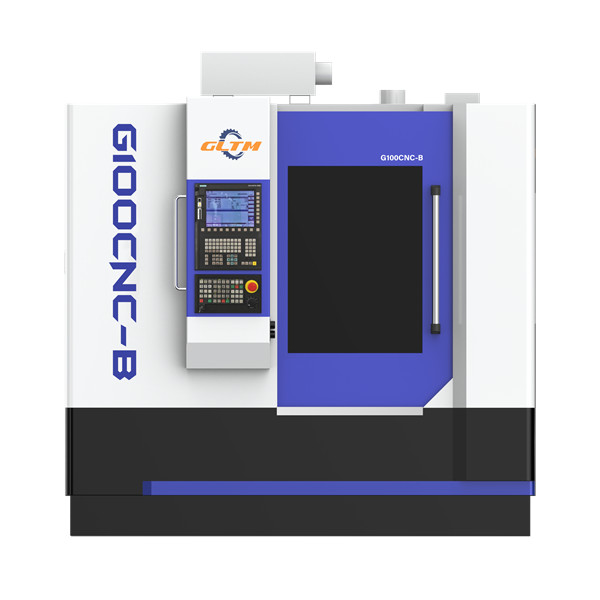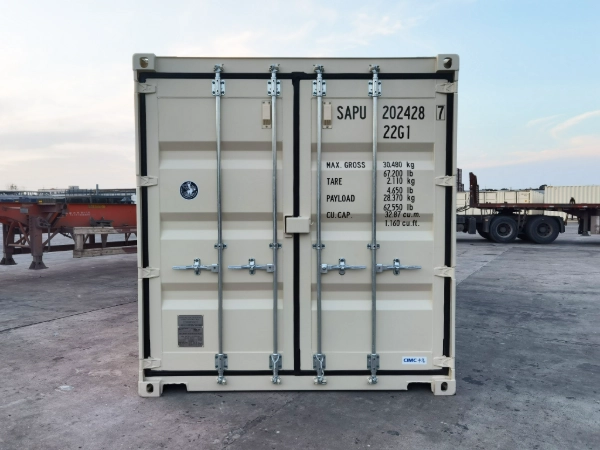In today's fast-paced world, efficient transportation is crucial for economic growth and societal development. While various modes of transportation exist, this blog post will delve into the advantages of train transportation. From its environmental sustainability to its cost-effectiveness and reliability, trains offer a multitude of benefits that make them an indispensable component of modern transportation systems.
- Environmental Sustainability:
Transportation by train is widely recognized as one of the most environmentally friendly options available. Trains produce significantly lower greenhouse gas emissions compared to other modes of transportation, such as cars or airplanes. Additionally, trains have the potential to reduce traffic congestion, leading to improved air quality in urban areas. By promoting the use of trains, we can contribute to a greener and more sustainable future. - Cost-Effectiveness:
Train transportation offers several cost advantages, making it an attractive option for both individuals and businesses. Firstly, trains have a higher capacity for carrying passengers and goods compared to other modes of transportation. This efficiency translates into lower costs per person or unit of cargo transported. Moreover, trains require less infrastructure maintenance and fuel consumption per passenger or ton of freight, resulting in reduced operational expenses. These cost savings can be passed on to consumers, making train travel a more affordable choice. - Reliability and Safety:
Trains are renowned for their reliability and safety. Unlike road transportation, trains operate on dedicated tracks, minimizing the risk of accidents caused by human error or unpredictable road conditions. Additionally, trains are less susceptible to weather-related disruptions, such as heavy rain or snowstorms, which often affect other modes of transportation. The adherence to strict schedules and the implementation of advanced safety measures make train travel a dependable and secure option for passengers and freight alike. - Connectivity and Accessibility:
Train networks are designed to connect various cities, towns, and rural areas, ensuring accessibility for a wide range of populations. This connectivity facilitates regional development, encourages tourism, and enhances economic integration. Moreover, trains often provide convenient access to city centers, reducing the need for additional transportation upon arrival. By promoting interconnectivity, train transportation contributes to the overall efficiency and accessibility of the transportation system. - Comfort and Amenities:
Modern trains are equipped with comfortable seating, ample legroom, and amenities such as Wi-Fi, power outlets, and catering services. These features enhance the overall travel experience, making train journeys more enjoyable and productive. Passengers can relax, work, or socialize during their journey, making train travel a preferred choice for both business and leisure purposes.
Conclusion:
Transportation by train offers a plethora of advantages that make it an indispensable component of our modern society. From its environmental sustainability and cost-effectiveness to its reliability, connectivity, and comfort, trains provide a comprehensive solution to our transportation needs. By embracing train transportation, we can foster a more sustainable, efficient, and interconnected world.











+ There are no comments
Add yours